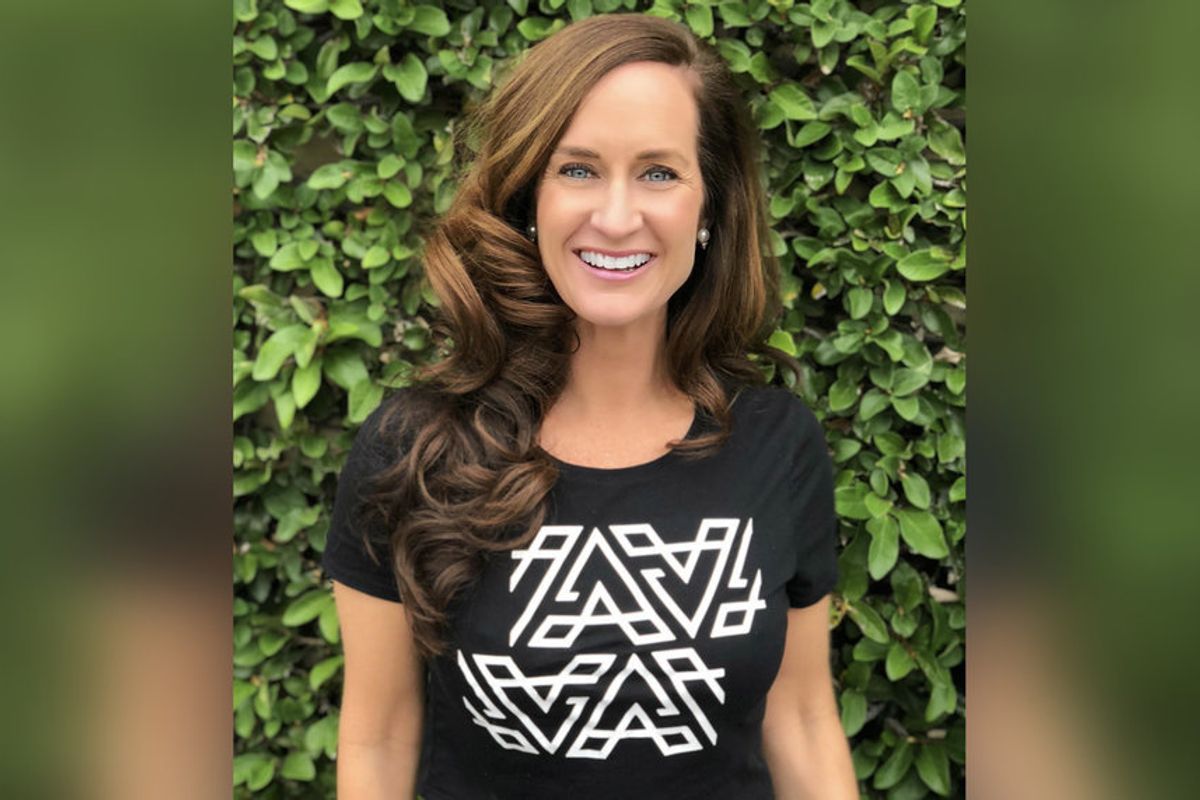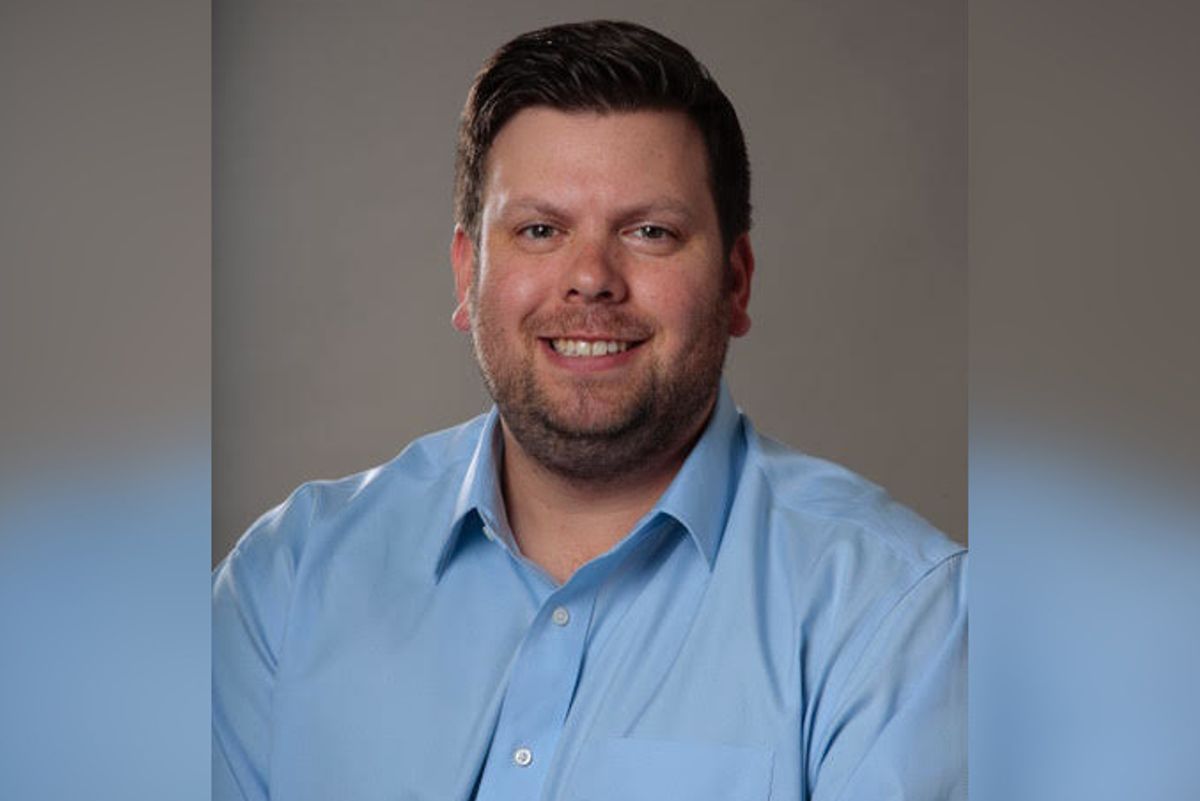New Houston startup pivots to provide relief for small businesses struggling to pay rent
HOUSTON INNOVATORS PODCAST EPISODE 27
Josh Feinberg hates security deposits. It's a sum of money sitting in an account, not earning interest and not doing either the landlord or the tenant any good.
That's why Feinberg and his co-founder, Marissa Limsiaco, created Otso. The duo previously founded Tenavox, an online portal for commercial real estate listings for brokers to generate leads, and have now launched this fintech platform that provides landlords with an alternative to cash security deposits.
Feinberg teamed up with Euler Hermes, a 135-year-old credit insurance company, to create Otso, and the credit company backs the lease performance of each tenant that is approved by Otso. The transaction calls for a fee added to the rent, but no large cash deposit would be required.
Both landlords and tenants can apply for Otso, and the process can be done with a new lease or an addendum for existing leases — something that Feinberg sees as an opportunity considering the financial burden COVID-19 has put on startups and small businesses.
Feinberg tells the Houston Innovators Podcast that, while he originally envisioned Otso to be a new deal product for landlords to offer an alternative to cash deposits, he saw the tool as an opportunity for small businesses struggling to pay rent that have a shortage of liquidity. He tossed out the original marketing plans and pivoted to present Otso as that liquidity solution for small business tenants.
"The cool thing about having a startup is that, unlike a big business, you can be really nimble," Feinberg says in the episode.
The COVID-19-caused crisis has rocked the commercial real estate industry. On a recent call with around 30 brokers, Feinberg says none of them had made a deal in the past month.
"This is the first time I've ever seen the entire market basically grind to a halt," he says.
On the episode, Feinberg shares some advice for startups worried about their relationship with their landlords. He stresses how important communication and tapping into resources available online like Otso, which has a slew of info online.
"Real estate is a team sport," Feinberg says. "You need these advisers now more than ever — talk to your landlord and your broker."
There's no doubt for Feinberg that the country is going to recover, and the biggest question marks are regarding timeline. Ultimately, innovative companies will pull through and might even be better for the challenges overcame.
"Great companies are built during crises — that's been true for a very long time," "There are smart people working on big problems no matter what the economy or outside markets are doing. And when they are able to survive periods like this, they come out significantly stronger than their competitors and weaker or outdated concepts."
Feinberg joins the Houston Innovators Podcast to discuss Otso, advice for startups keeping lean, and where the government's next round of relief should go to. Listen to the full episode below — or wherever you get your podcasts — and subscribe for weekly episodes.








 Apple doubles down on Houston with new production facility, training centerPhoto courtesy Apple.
Apple doubles down on Houston with new production facility, training centerPhoto courtesy Apple.

